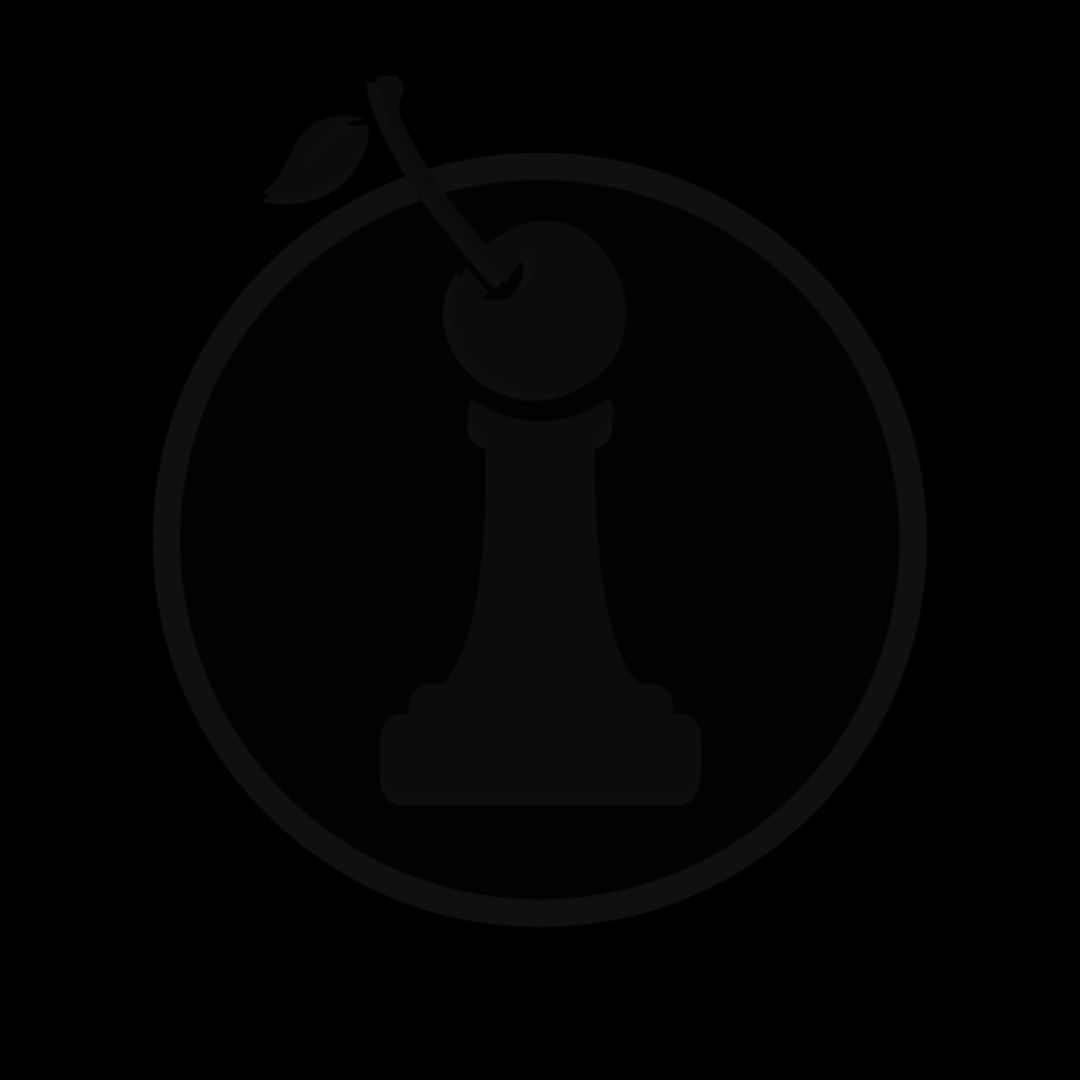
Strategic Delegitimization: The Classroom as a Battleground for Truth
Share
Strategic Delegitimization: The Classroom as a Battleground for Truth
In the war over perception, legitimacy, and knowledge, the education system is not a bystander—it is a theater of operations. Classrooms, once imagined as neutral spaces for cultivating reason and civic participation, have become battlegrounds in the wider struggle for epistemic dominance. The erosion of institutional trust that defines modern strategic delegitimization has not spared education; rather, it has weaponized it.
This essay explores how education systems, particularly in the West, are both targets and tools of strategic delegitimization. It also situates the modern classroom within a deeper historical trajectory—rooted in mechanisms of social control and compliance that predate the internet by centuries. While the system often fails its students through neglect or manipulation, those failures are also weaponized to discredit the possibility of public education as a liberatory force. In an age of fragmented narratives, curriculum wars, and generational confusion, understanding the role of education in epistemic warfare is essential.
The Historical Machinery of Instruction
To understand how education became a vector for delegitimization, we must first understand what it was designed to legitimize. Contrary to the romanticized vision of schools as democratic incubators, the roots of modern Western education are deeply tied to systems of discipline and control.
The Prussian education system, often cited as a precursor to American public schooling, was explicitly developed to produce obedient citizens and efficient soldiers. It emphasized rote memorization, punctuality, national loyalty, and respect for hierarchy. After the Napoleonic wars, Prussia sought to rebuild its administrative and military strength, and education was one of the chosen tools. The model was later adopted elsewhere not because it fostered critical thinking, but because it trained people to follow instructions, conform to expectations, and internalize authority.
In the United States, early industrialists and political leaders saw education as a tool to mold the workforce and shape social order. The school bell echoed the factory whistle; the classroom mirrored the production line. Compliance was rewarded, deviation penalized. While literacy and basic numeracy were taught, the underlying message was submission to external control—by the teacher, the clock, the curriculum.
This history is not incidental. It informs the very logic of institutional education in capitalist democracies: to produce subjects who are skilled enough to contribute, but docile enough not to challenge the structures that govern them. Over time, this function adapted. Schools became pipelines—not just to jobs, but to prisons, particularly for poor and racialized students. The “school-to-prison pipeline” is not a metaphor—it is a documented system in which zero-tolerance policies, surveillance, police presence, and standardized testing track many young people into carceral futures.
While educators themselves often resist these dynamics, the institutional architecture they operate within was not built for liberation. This uncomfortable truth complicates any analysis of delegitimization: education is both a casualty and a culprit.
Curriculum as Contested Ground
In the modern era, schools have become flashpoints for broader cultural warfare. Debates over what is taught—history, gender, race, civics—are proxy battles for larger questions about identity, power, and truth.
Strategic delegitimization thrives in these contested zones. Rather than arguing about interpretations, actors seek to discredit the very idea of a shared curriculum:
-
Claims of “indoctrination” are leveled against any discussion of systemic injustice or non-normative identities.
-
Entire subjects (e.g., critical race theory, climate science, gender studies) are reframed not as fields of inquiry but as ideological threats.
-
Textbooks are revised or banned, teachers monitored, lesson plans politicized.
This is not mere disagreement—it is delegitimization as tactic. The goal is to destroy public confidence in the classroom as a site of common understanding. Tu-quoque plays a central role: “If their side can teach ideology, why can’t ours?” The assumption is not that truth exists and must be pursued, but that all knowledge is weaponized narrative, and whoever controls the classroom controls the child.
Asymmetric norm enforcement is also visible. A teacher who discusses systemic racism may be disciplined or fired, while one who distributes nationalist propaganda is framed as “brave.” Activist parents and political actors claim to be victims of ideological colonization, while aggressively reshaping curricula in their own image.
The result is not pluralism—it is fracture. Each community, district, or household may teach a different history, a different ethics, a different sense of reality. There is no canon, only conflict.
Teachers on the Front Lines
Educators are increasingly framed not as mentors or facilitators, but as combatants in ideological warfare. Teachers once enjoyed a level of public trust similar to that of doctors or judges. Today, they are often portrayed as dangerous radicals, incompetent bureaucrats, or state apparatchiks.
Strategic delegitimization operates here with precision:
-
Weaponized victimhood casts ideologically motivated parents or officials as protectors of children against indoctrination, ignoring the deep structural constraints teachers operate under.
-
Reciprocal delegitimization turns every educational controversy into a “both sides” spectacle, erasing the distinction between trained professionals and unqualified pundits.
This delegitimization is further intensified by economic neglect. Teachers are underpaid, overworked, and surveilled. Their autonomy is eroded by standardized testing regimes and political oversight. Yet, when the system fails, it is the teachers who are blamed—eroding their credibility and accelerating public disillusionment.
Educators are trapped between the institutional imperatives of a system that often functions repressively and the external pressures of a society that increasingly doubts their value.
Rise of Parallel Knowledge Economies
As trust in public education collapses, alternative systems rise to fill the void. These include:
-
Private and religious schools with explicitly ideological curricula.
-
Homeschooling networks with curricula curated via social media echo chambers.
-
YouTube “intellectuals” and TikTok “educators” who produce viral content with little accountability or oversight.
These parallel systems often market themselves as liberatory—offering freedom from bias, bureaucracy, or moral decay. But many replicate the same mechanisms of control, just with different ideologies. Some actively promote conspiracy, pseudoscience, or revisionist history.
Strategic delegitimization enables these systems to flourish. If public schools are framed as inherently untrustworthy, any alternative—even a poorly constructed or ideologically extreme one—can appear preferable.
Yet these alternatives are not always grassroots. Many are funded or amplified by corporations, political organizations, or media conglomerates with vested interests. What appears as “freedom of education” is often engineered fragmentation, designed to divide the population into epistemic camps that cannot communicate across their differences.
From Indoctrination to Incoherence
At its best, public education creates a foundation for civic dialogue, ethical reasoning, and shared inquiry. But in the current climate, schools often function as ideological battlegrounds where even foundational concepts—like the difference between fact and opinion—are up for debate.
The deeper danger is not that children are taught the “wrong” things, but that they are taught nothing coherent at all:
-
History is a Rorschach test.
-
Science is politicized.
-
Literature is sanitized or demonized.
-
Ethics are transactional, partisan, or incoherent.
This disorientation begins in youth and matures into adult confusion. A public raised in conflicting educational environments is easier to divide, manipulate, and demobilize. It is harder to organize labor, demand accountability, or advocate for justice when no one shares a common conceptual language. That is the ultimate outcome of epistemic warfare on education: not control, but chaos.
The Real Stakes of Delegitimizing Education
The tragedy of strategic delegitimization is not only that it fractures reality—it undermines the very tools needed to repair it. Education is, or should be, one of those tools. But when schooling is reduced to a proxy war, or to a conveyor belt toward labor or incarceration, it ceases to be a public good.
What remains is a system in survival mode:
-
Students as products.
-
Teachers as liabilities.
-
Truth as political football.
We are left with generations of young people navigating a world they have not been equipped to understand—susceptible to manipulation, unable to engage across difference, and burdened by a sense of moral and historical vertigo.
This is not an accident. It is the predictable outcome of a system where the production of legitimacy is outsourced to power, and where every institution that could produce critical consciousness is either neutralized or repurposed.
Conclusion: Toward a Liberated Epistemology
If education is a battleground, then it must also be a site of resistance. But resistance cannot mean a return to sanitized curricula or nostalgic institutionalism. It must begin with recognizing the contradictions of schooling as it exists—and fighting for a model of education that fosters inquiry rather than obedience.
Strategic delegitimization teaches people to distrust education. But that distrust, if properly understood, can be transformed into discernment. Not all critiques of education are bad-faith attacks—some are long-overdue reckonings with its complicity in state violence, racial capitalism, and intellectual repression. But to burn the entire project of education because of its contradictions is to cede the battlefield to those who profit from confusion.
The path forward requires:
-
Restoring teacher autonomy and dignity.
-
Developing curricula that center critical thinking, historical honesty, and emotional intelligence.
-
Protecting schools from ideological warfare while holding them accountable for their failings.
-
Building educational ecosystems that are public, pluralistic, and principled.
In a world of strategic delegitimization, the classroom can no longer be neutral. It must be consciously reconstructed—not as a factory or battlefield, but as a crucible for collective clarity.

